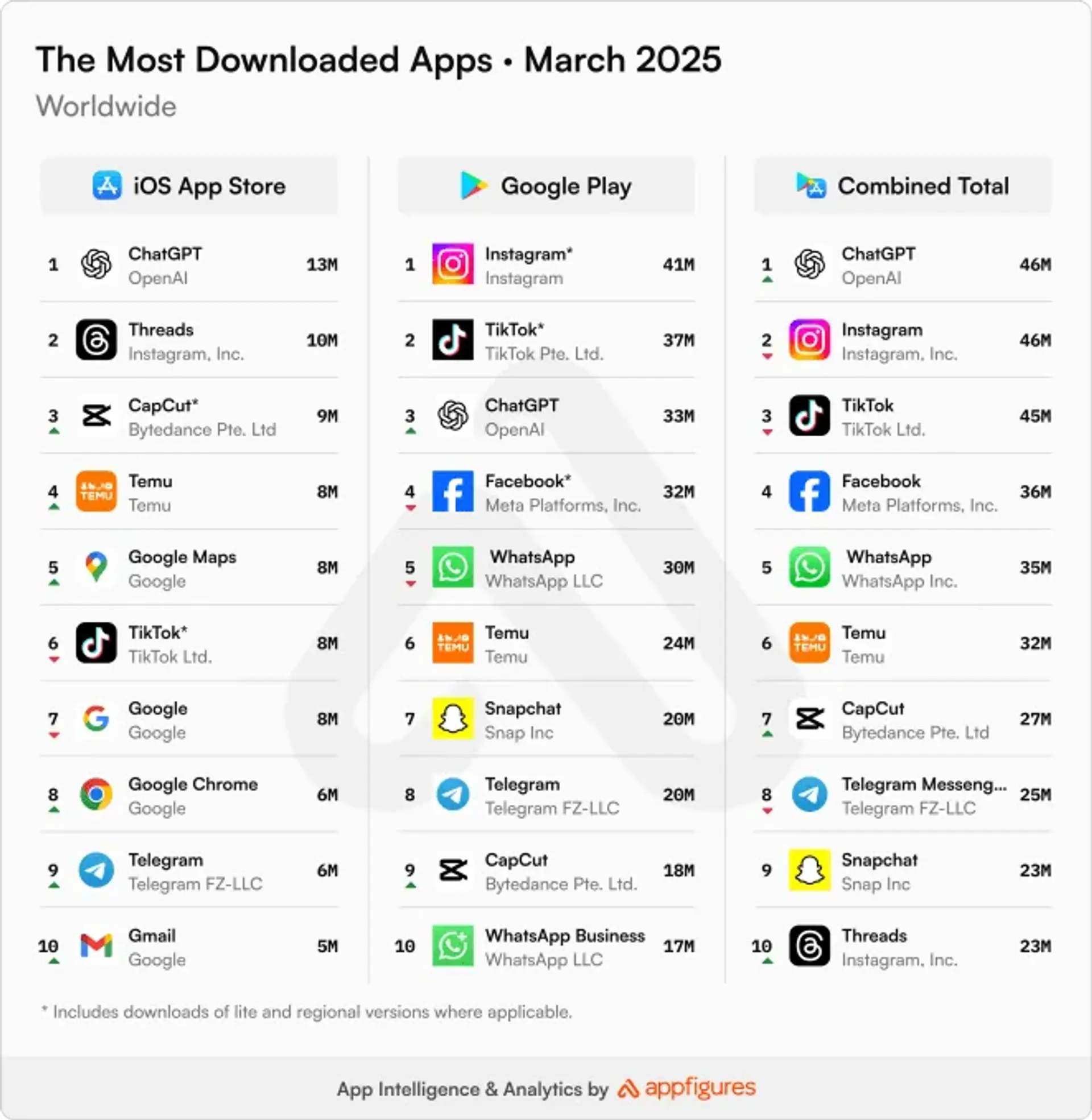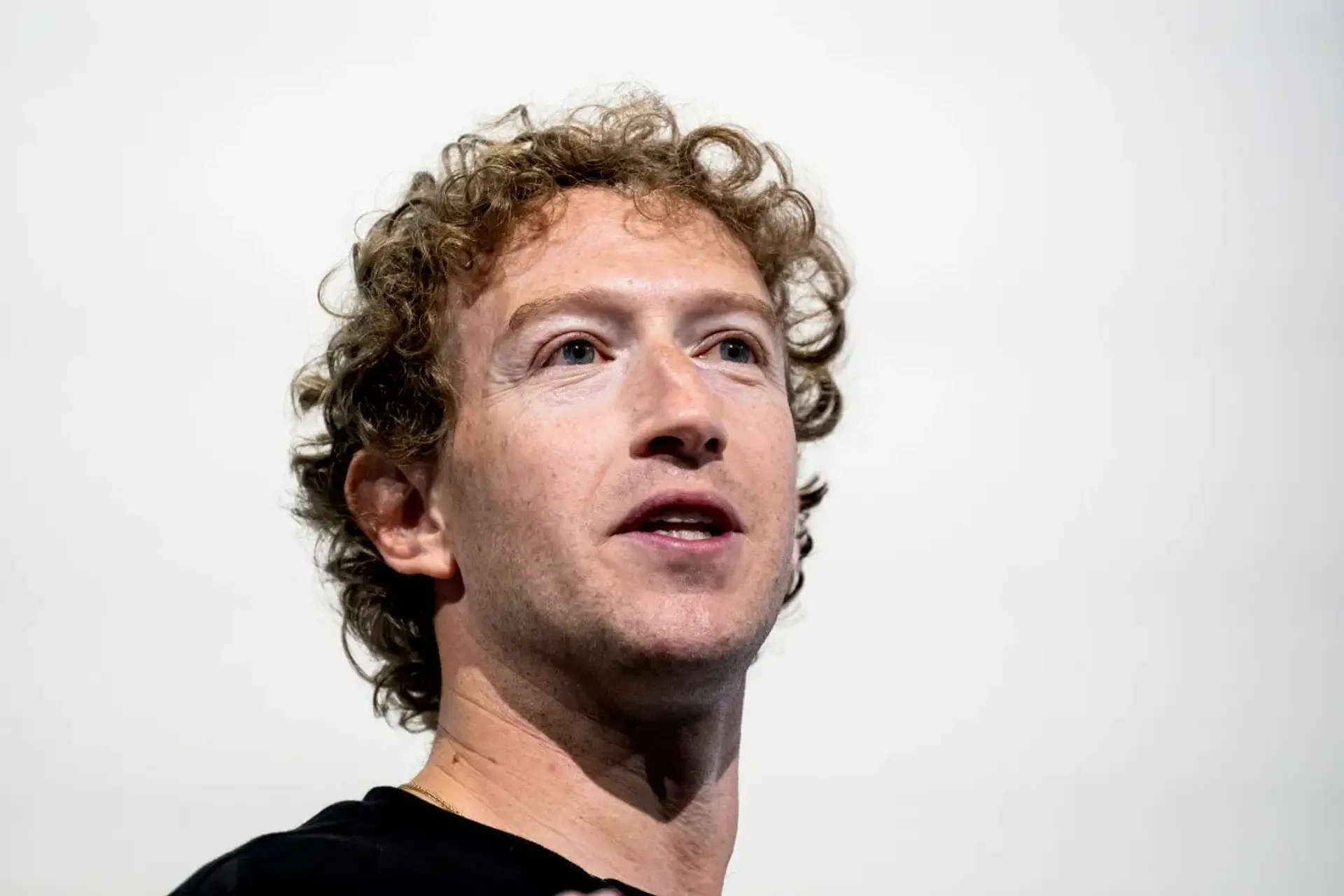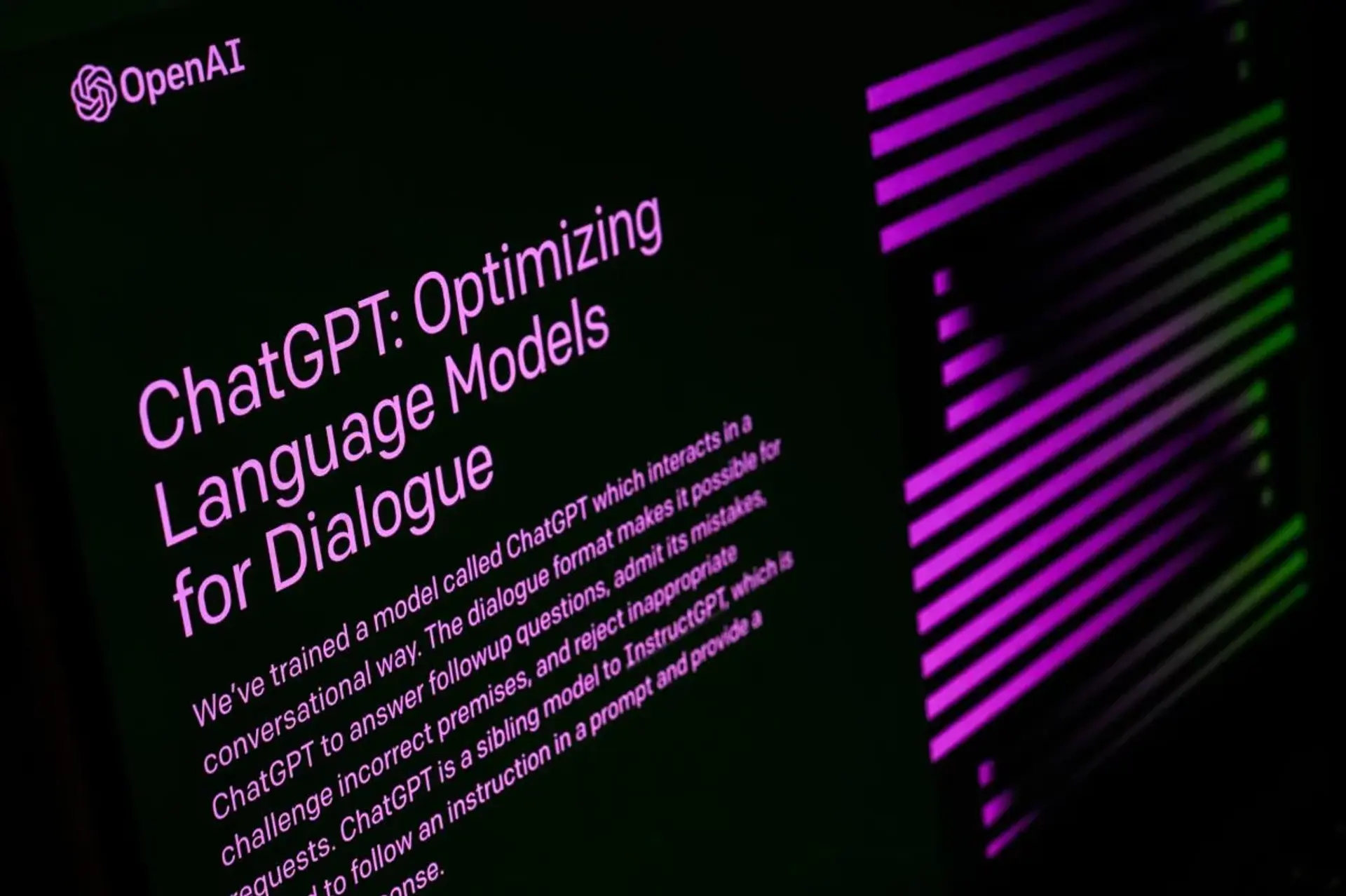ChatGPT, OpenAI's viral text-generating system, continues to evolve, capturing significant attention in the tech world. This AI chatbot leverages advanced natural language processing to generate human-like text, making it a versatile tool for various applications, from content creation to customer service. Recent updates have focused on enhancing its accuracy, reducing biases, and expanding its capabilities to handle more complex queries.
The technology behind ChatGPT involves deep learning models trained on vast amounts of text data. This allows the chatbot to understand context, generate coherent responses, and even adapt its writing style to match different prompts. The latest iterations incorporate reinforcement learning techniques, where the model is fine-tuned based on human feedback, further improving its performance and reliability. OpenAI is also working on making ChatGPT more transparent, providing users with insights into how the AI arrives at its responses.
ChatGPT's impact spans numerous industries. Businesses are using it to automate customer support, create marketing content, and even assist in software development. Academics are exploring its potential in education and research, while creatives are using it as a tool for brainstorming and content generation. As ChatGPT continues to develop, it promises to be a transformative technology with far-reaching implications for how we interact with machines and information.
Related Articles

ChatGPT Dominates App Downloads
Read more about ChatGPT Dominates App Downloads →
Ex-OpenAI Staff Oppose Transition
Read more about Ex-OpenAI Staff Oppose Transition →
Law Professors Back Authors
Read more about Law Professors Back Authors →
Meta's Maverick AI Underperforms
Read more about Meta's Maverick AI Underperforms →
